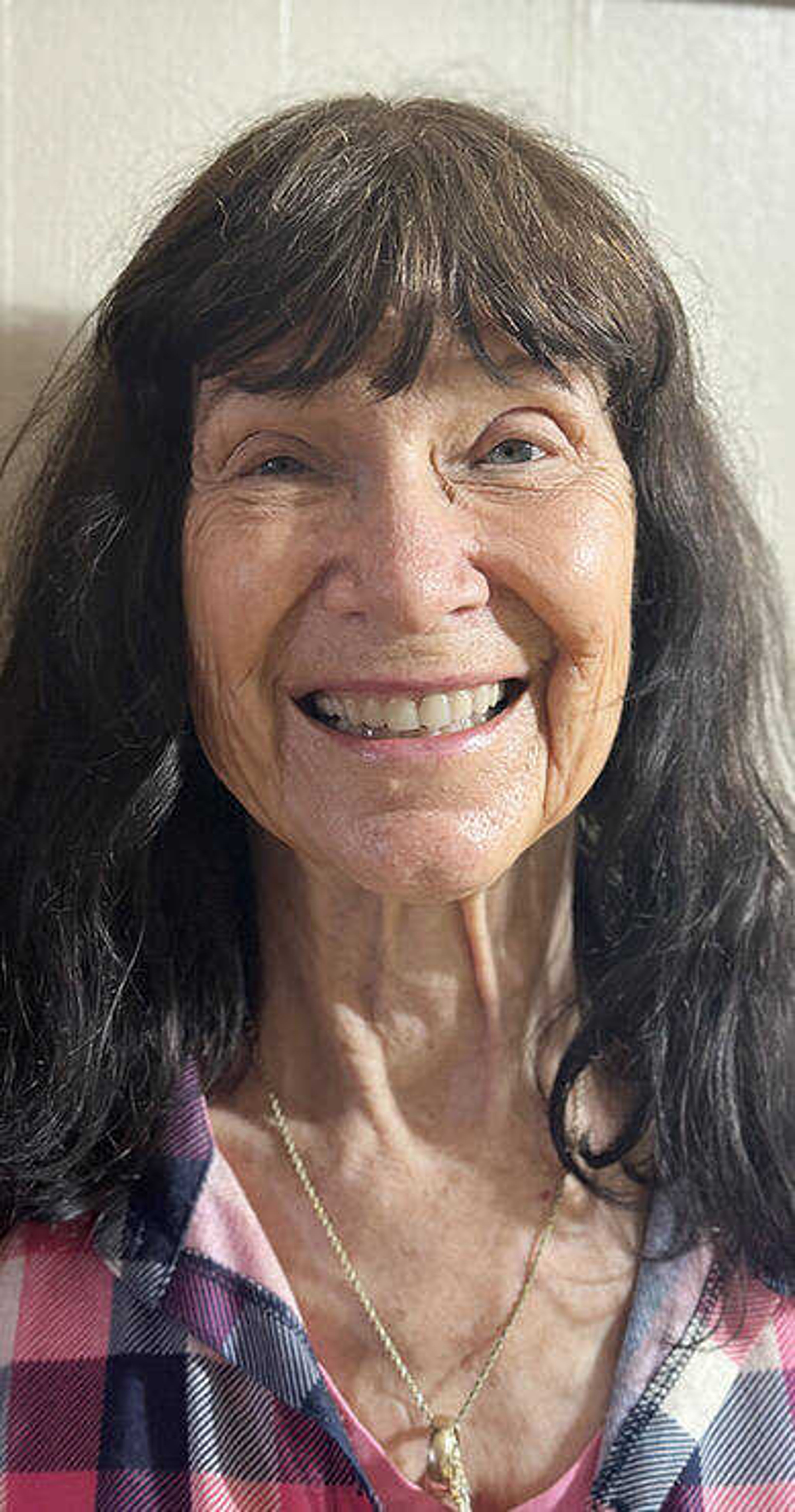It takes will to live a full life
As my husband and I were driving home recently from a board meeting, we passed a darling little town. I remarked it looked like a quaint, homey place to live. "I knew someone who lived here," my husband said. He was an older co-worker who had retired years ago...
As my husband and I were driving home recently from a board meeting, we passed a darling little town. I remarked it looked like a quaint, homey place to live.
"I knew someone who lived here," my husband said. He was an older co-worker who had retired years ago.
"Is he still living?" I asked.
"No," my husband said. "He quit and did nothing. My friend was looking forward to resting and doing what he wanted. He didn't last too long."
I pondered the times I had heard similar stories involving retirees, whose children were grown, and of people who had seemingly accomplished their aspirations in life. Many lost their desire to seek other goals.
Another scenario with the same ultimate outcome involved a postal worker who stopped working after taking early retirement and rearing 12 children. One would think he would welcome rest and freedom after such a busy life. But being unable to cope with the lack of activity and want to be needed, he committed suicide. Retirement can be a coveted state of life, but one must continue to work toward a goal of some kind.
I wondered what drove people to want to live and I tried to figure it out. God is at the wheel in life and death, but what makes some desire to attain, create, love, build or help in life while others become lifeless? It's like an unoccupied house. The building begins to deteriorate. Without movement inside the house, it seems to lose its purpose.
I then looked at other situations. When a person sleeps too long, instead of being energized and eager to be up and about, he's lethargic and lacks initiative. He must have "will" to perform a task. When one has too much time on his hands, he has to use his ingenuity and will to fill the hours. And when one is ill, he can either take his medication or refuse. Whatever he does, he wants to do -- unless someone stronger forces him.
Often those who are so ill they want to die will hang on because they feel people will be upset if they leave. They have unfinished business in the world. Often there's a wedding in the family, a new baby on the way, a book left to write. Many activities and thoughts can keep people clinging to life when they would rather be released from its burdens and joys, but loved ones won't let go. When others finally release them to die, they often breathe a sigh of relief because they have permission to go on ahead. They are then finally "willing" to die.
The same holds true in all of life's undertakings. Have you noticed how much energy and life you have when you're doing something you love, or you're planning a lifetime relationship with a significant other? You have big hopes and dreams. Your will is at high tide with hope propelling it.
When life becomes humdrum, you lose someone you care about or you've achieved your dreams, your will to continue often fails you. Scripture provides solutions to depression, lethargy and the lack of desire to go on.
Luke 18:1 says "Men ought always to pray and not to faint." Jeremiah 29:11-12 heartens people with the words "'For I know the plans I have for you,' says the Lord. 'They are plans for the good and not for disaster to give you a future and a hope. In those days when you pray I will listen.'"
When we hold on to hope we recognize God's love for us. He is listening. Hope is the wind beneath our will. Our will causes the actions required to live, work and love. To do what is required because hope tells our will that life is worth living.
Ellen Shuck holds degrees in psychology, religious education and spiritual direction and provides spiritual direction to people at her office.
Connect with the Southeast Missourian Newsroom:
For corrections to this story or other insights for the editor, click here. To submit a letter to the editor, click here. To learn about the Southeast Missourian’s AI Policy, click here.










